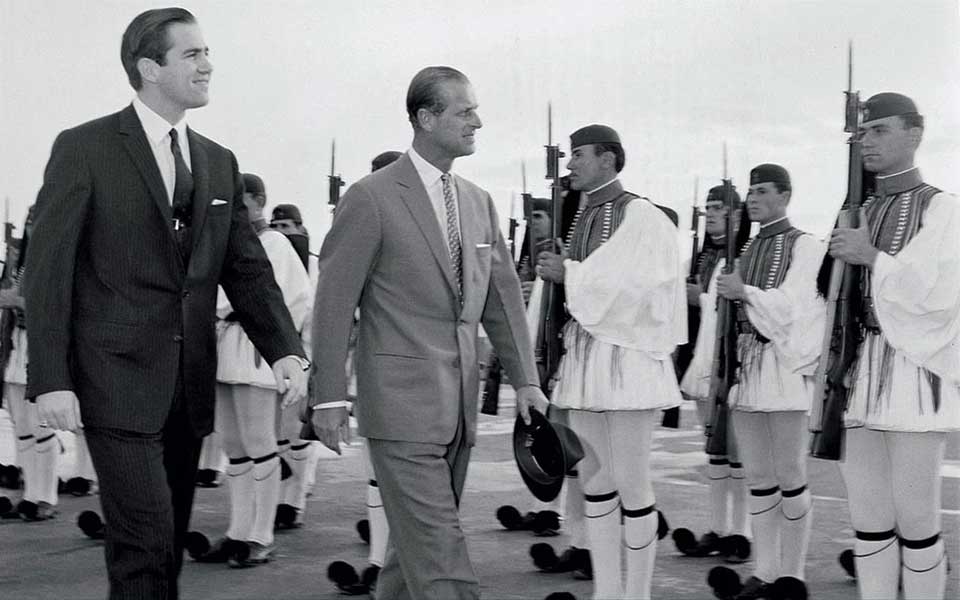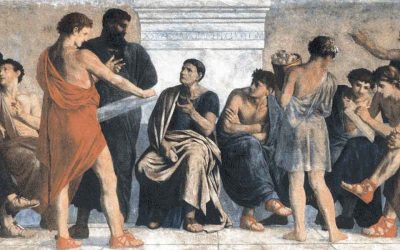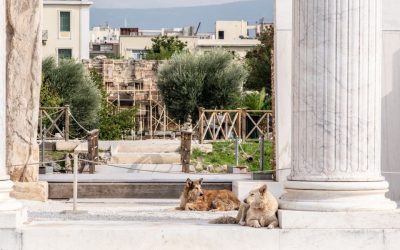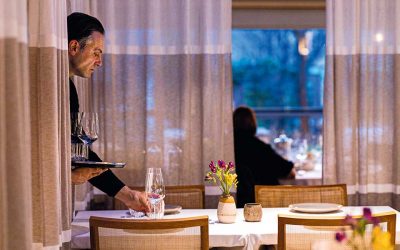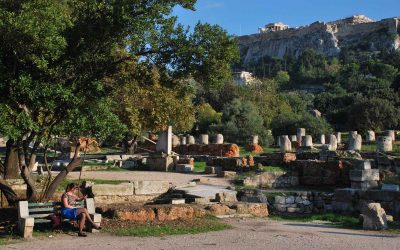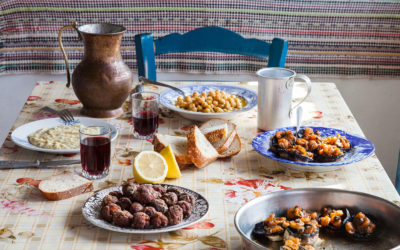After a long life of dedication and service to the British Royal Family, Prince Philip, Duke of Edinburgh, passes away at 99.
On Friday, June 10, 1921, anxious cries disturbed the peace in the spacious rooms and beautiful gardens of the palace of Mon Repo in Corfu. Princess Alice and Prince Andrew, members of the Greek and Danish royal families, were expecting their fifth child. Later that evening, Margarita, Theodora, Cecilia and Sofia welcomed their brother, Philip.
He was destined to have a harsh childhood and adolescence, psychological scars that left an indelible mark. As a child, he was stateless, but would eventually become a senior member of the most iconic and influential royal family on the planet, as the husband and consort of the future Queen Elizabeth II of the United Kingdom of Great Britain and Northern Ireland, and her Commonwealth Realms.
His father was the seventh child of King George I and Queen Olga of Greece. His mother, Princess Alice of Battenberg, born at Windsor Castle, was a granddaughter of Queen Victoria. Her congenital hearing loss did not stop her from communicating in English and German, and she devoted much of her life to charity work in Athens, Greece.
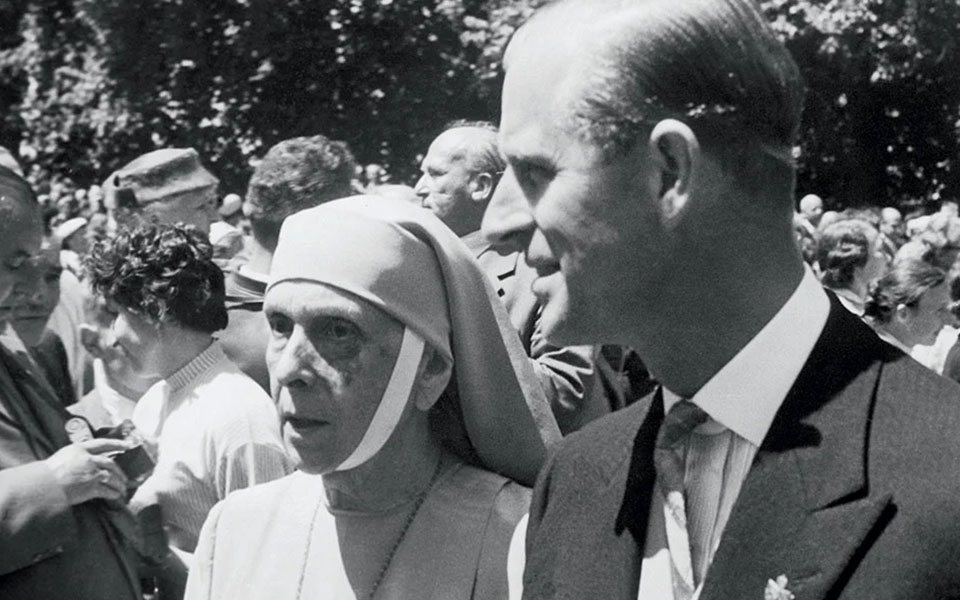
Prince Philip with his mother, Princess Alice of Battenberg.
© AP Photo
Prince Andrew graduated from the Evelpidon Military School and pursued an officer’s career in the Greek Army. Following the Greek defeat in the Asia Minor Campaign in 1922 and the subsequent September 11 Revolution, he was banished from the country for life, sailing from Faliro, near Piraeus. The ship briefly stopped in Corfu to take the family away from the Mon Repo palace. In the hasty evacuation, the 18 month-old Prince Philip was placed in a wooden fruit box.
The family soon established itself in Paris, France, as guests of a close relative, Princess Marie Bonaparte. In 1930, his mother was diagnosed with schizophrenia and committed to a sanatorium in Switzerland, his four older sisters were subsequently married to members of the German aristocracy, and his father moved to Monte Carlo in the Principality of Monaco. By the time he was 10, the young Prince Philip was alone.
He spent some years in a German boarding school in the early 1930s but, following the rise of Nazism, moved to Scotland. After leaving Gordonstoun School in early 1939, he joined the British Royal Navy, graduating from the Royal Naval Collage at Dartmouth as the best officer cadet in his course.
During a visit by King George VI and his family to the Royal Naval College in 1939, Lord Louis Mountbatten (then Governor of India, assassinated by the IRA in 1979) asked his young nephew, Prince Philip, to accompany the two daughters of the king, Princesses Elizabeth and Margaret. The 13 year-old Elizabeth fell in love with him at first sight.
During his distinguished service in World War II, he was involved in the Battle of Crete onboard the British battleship, HMS Valiant, and was mentioned in dispatches for his actions during the Battle of Cape Matapan off the southwest coast of Greece, in which he controlled the battleship’s searchlights. For his brave service, he was awarded the Greek War Cross. He also saw action in the Indian and Pacific Oceans, and was present in Tokyo Bay when the Japanese formally surrendered in 1945.
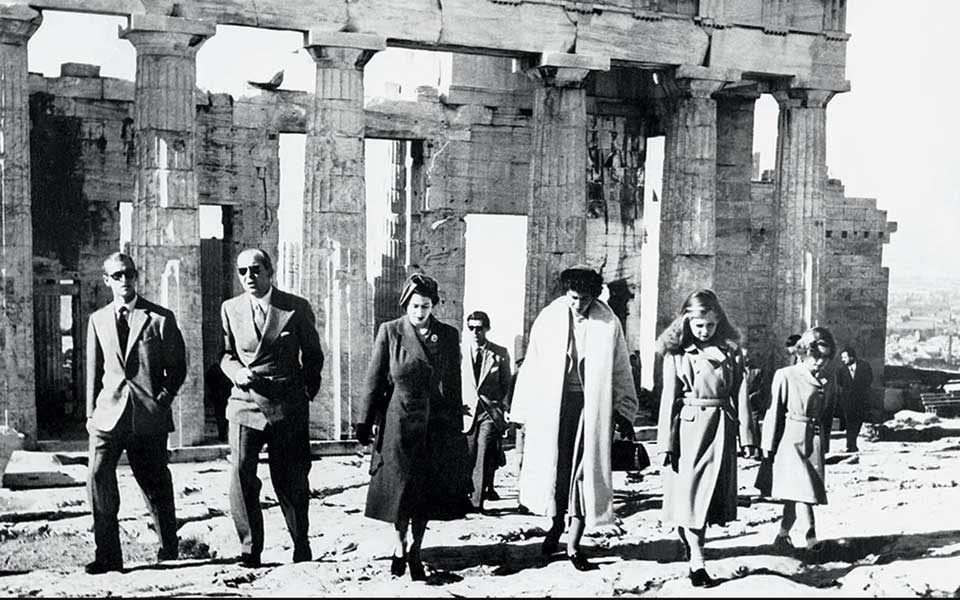
Prince Philip and Princess Elizabeth in Athens 1950 with King Paul and Frederica of Hanover, Queen Consort of Greece.
© Hulton Royals, Keystone, Getty images/Ideal Image
On March 1947, Philip abandoned his Greek and Danish royal titles, and adopted British nationality and the surname Mountbatten. Later that year, in November, he married Princess Elizabeth in Westminster Abbey. The day before the wedding, King George VI granted him the title of Duke of Edinburgh.
Prior to the wedding, Prince Philip visited Greece to see his mother, who had founded a Greek Orthodox nursing order of nuns known as the Christian Sisterhood of Martha and Mary. He spent time with his mother but an official order from the Royal Navy cut the visit short. He made his way back to his beloved “Lilibeth” in England.
Once sixth in line to the Greek throne, his subsequent visits to Greece were extremely rare. In 1950, he and Elizabeth visited Greece as guests of King Paul and Frederica of Hanover, Queen Consort of Greece. In 1964, as a member of the Greek royal family, he was present at King Constantine’s wedding to Princess Anne-Marie of Denmark. During the Greek junta, he briefly returned to Athens to transfer his aged mother to Buckingham Palace. His last visit was in 1981, to attend Queen Frederica’s funeral.
From time to time, journalists would ask Prince Philip about his sense of identity. He stated that he thought of himself as Danish, and that his family spoke English, French and German. He was raised as a Greek Orthodox Christian but developed an interest in German Protestantism in his teenage years. In one interview, he chose the enigmatic answer “I am Greek, but…”, without clarifying his true feelings for the country of his birth, which he doubtless held responsible for the uprooting and dissolution of his family.
This article was first published in Greek on kathimerini.gr.

